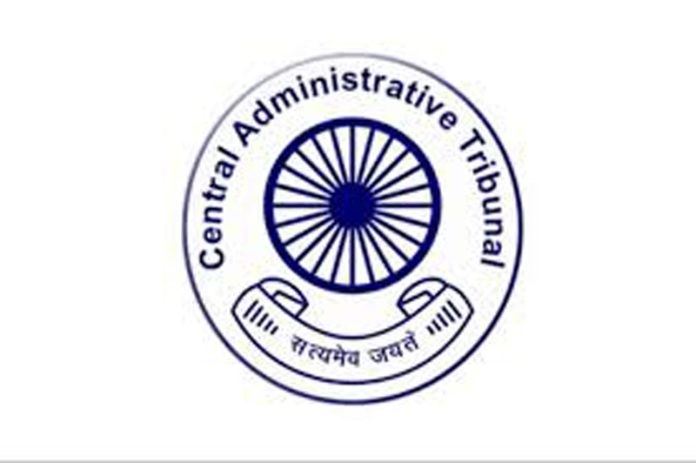The Central Administrative Tribunal (CAT) Srinagar Bench has underscored a fundamental issue plaguing the judiciary: the tardiness of administrative bodies in responding to court directives. The case in question, about a petition from 2017, has languished for over seven years due to the Social Welfare Department of the UT failing to file a reply despite repeated court orders. This egregious delay not only reflects poorly on the efficiency of administrative processes but also undermines the faith of litigants in the justice system. The CAT Bench rightfully expressed dismay at this state of affairs, emphasising the critical role of timely cooperation from authorities in facilitating the judicial process. The CAT’s strictures against the Social Welfare Department serve as a necessary reminder of the importance of adherence to legal procedures. By failing to submit replies promptly, the concerned authorities not only obstruct the course of justice but also impede the resolution of disputes promptly. This not only violates litigants’ right to a speedy trial but also erodes trust in the judiciary’s ability to deliver fair outcomes.
The CAT’s observation that delays in filing replies contribute to a loss of faith in the justice system is particularly poignant. When administrative bodies neglect their responsibilities, they undermine the fundamental principle, leading to a breakdown of trust and confidence in the legal framework. Administrative bodies must prioritise compliance with court directives and ensure timely responses to legal proceedings. Additionally, there is a pressing need for greater accountability mechanisms to hold authorities responsible for delays and negligence in fulfilling their obligations. Furthermore, the CAT’s decision to continue interim directions until the next hearing date demonstrates a commitment to upholding the rights of litigants despite administrative shortcomings. The CAT has ensured that no party is unduly prejudiced by the delay in proceedings, thereby upholding the principles of fairness and equity. As custodians of the rule of law, all stakeholders must uphold their responsibilities and work towards a legal system that is efficient, transparent, and accountable to the citizens it serves.
Trending Now
E-Paper


